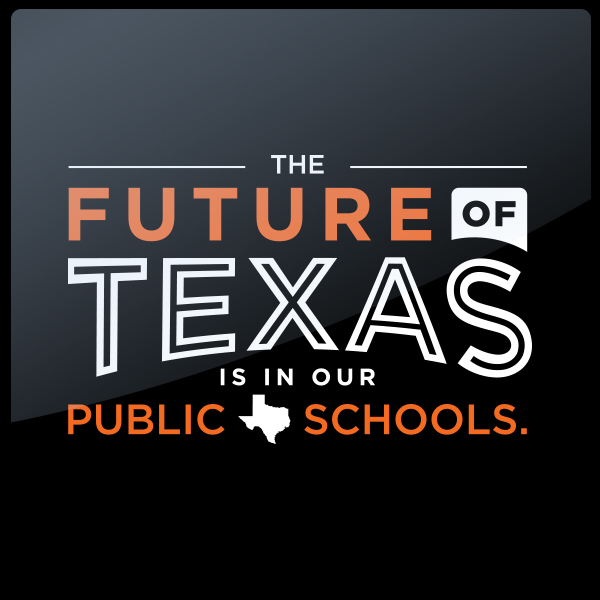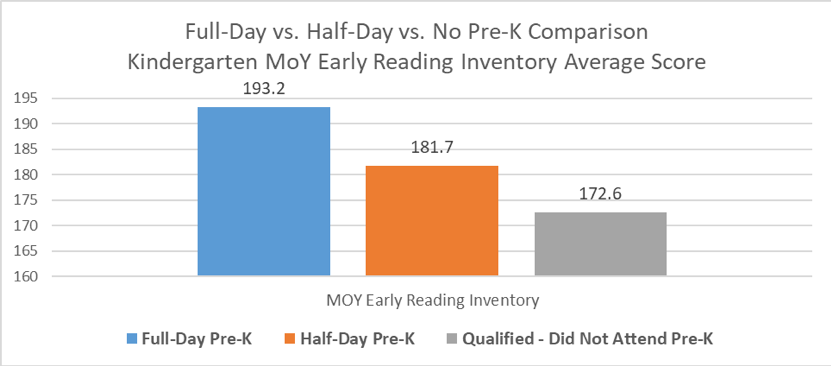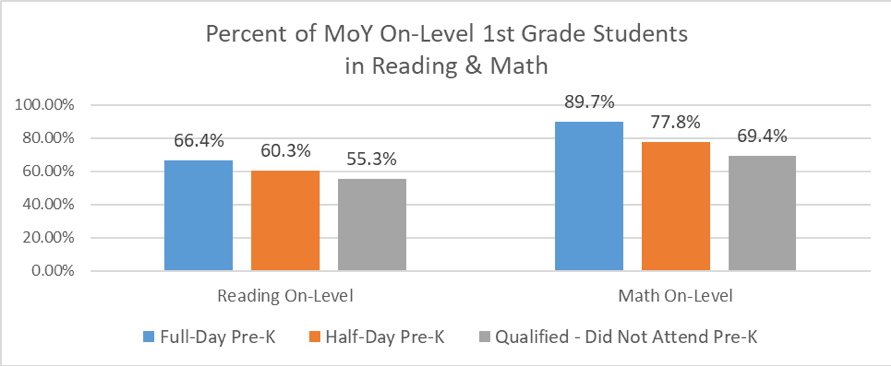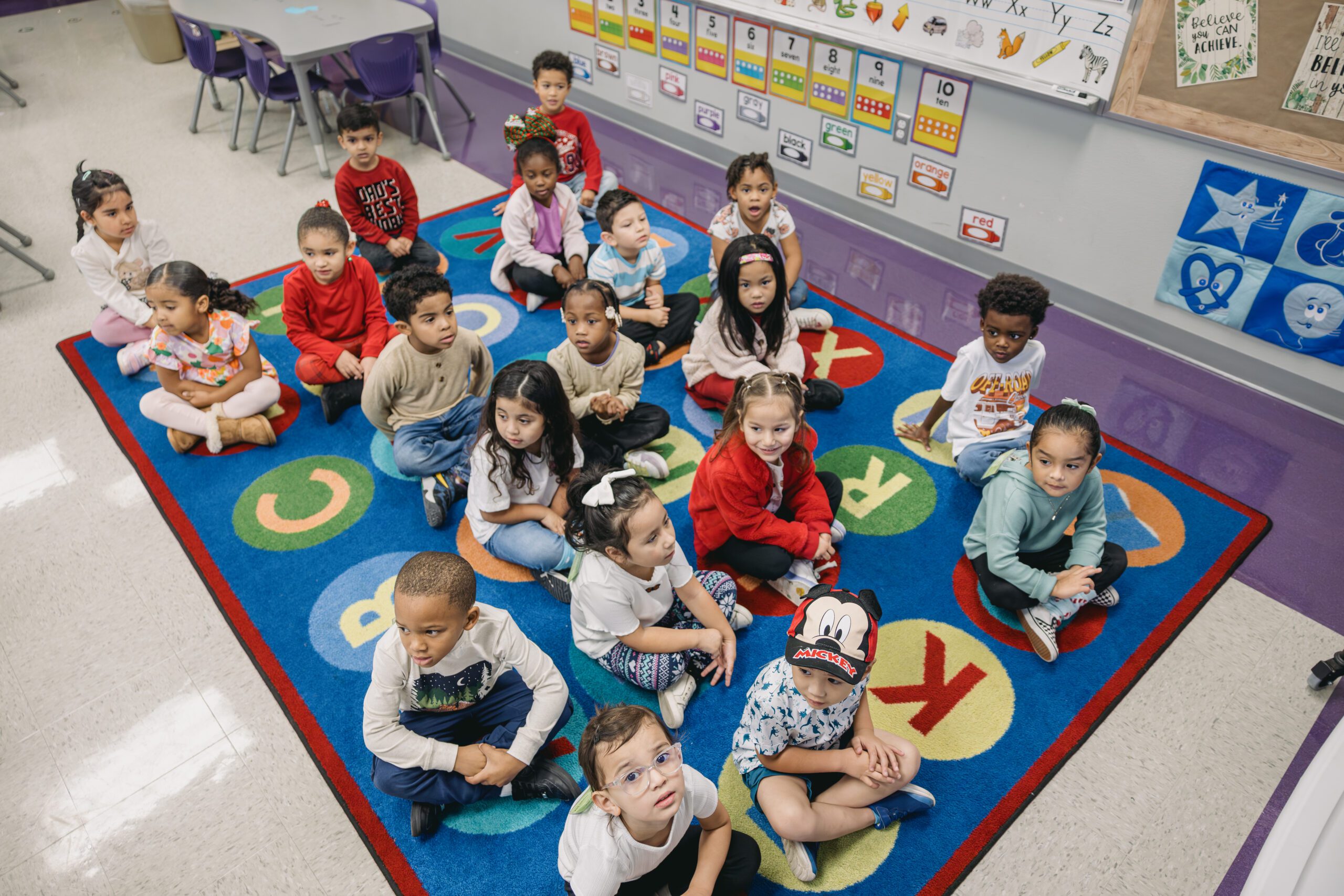
categories
Power of Pre-K Case Study: Cleburne ISD

May 11, 2019
Dr. Chris Jackson
Executive Director of Research, Data, and Accountability
Cleburne Independent School District
Proving the Case for Full-Day Pre-K
Like many school districts across the state, Cleburne ISD participated in the full-day High Quality Pre-kindergarten Program grant from the Texas Education Agency during the 2016-17 school year. Three of our elementary campuses offered a full-day program while our other four campuses continued to offer a half-day program. This presented us with a unique research opportunity to compare the long-term benefits of both programs. Our Assistant Superintendent, Tammy Bright, and I began tracking student performance as they entered kindergarten and progressed through the elementary grades, and what we found was beyond convincing.
When the full-day and half-day students attended kindergarten, our middle-of-year (MoY) reading assessment indicated a significant performance difference between these two groups, as well as a third group of students – those who would have qualified for pre-K but did not attend. The results show that the students who attended the full-day program had higher overall scores than their half-day peers and significantly higher than the qualifying students who did not attend pre-K. In addition to performance data, we surveyed the kindergarten teachers on their perceptions of the full-day and half-day students, and nearly all of them reported that the full-day students were much more socially and academically prepared for kindergarten.
“The results show that the students who attended the full-day program had higher overall scores than their half-day peers and significantly higher than the qualifying students who did not attend pre-K.”

Armed with this convincing data and approval from our superintendent, Assistant Superintendent Tammy Bright and I proposed to our board of trustees that Cleburne ISD make a commitment to fund full-day pre-K for all eligible students at our own expense, diverting funding away from other programs. Of course, this is not ideal, but a lack of formula-based state funding for a full-day pre-K program left us with no choice. We could no longer sit idly by and not address this performance gap when we had a solution. Our board unanimously voted to implement a full-day program at all campuses, but not just a longer version of the half-day program. Providing “high-quality” full-day pre-K meant hiring well-trained teachers, lowering class sizes, implementing a research-based curriculum addressing both academic and social development, and reaching out to engage families in their children’s early-learning experiences.
As we continue to track the full-day and half-day cohorts through 1st grade during the 2018-19 school year, the performance boost among the full-day students can still be measured. Additionally, the gap between full-day pre-K students and their non-economically disadvantaged peers is practically negligible. Based on these initial findings, we plan to continue to track their performance as they progress through the elementary grades. We suspect the benefits of the full-day program will last throughout their schooling.
“We could no longer sit idly by and not address this performance gap when we had a solution.”

Our internal study is another piece of evidence that helps to validate a much larger body of research. We believe now is the time to give fund high-quality, full-day pre-kindergarten and give every student the opportunity to start their educational journey on a solid foundation.


